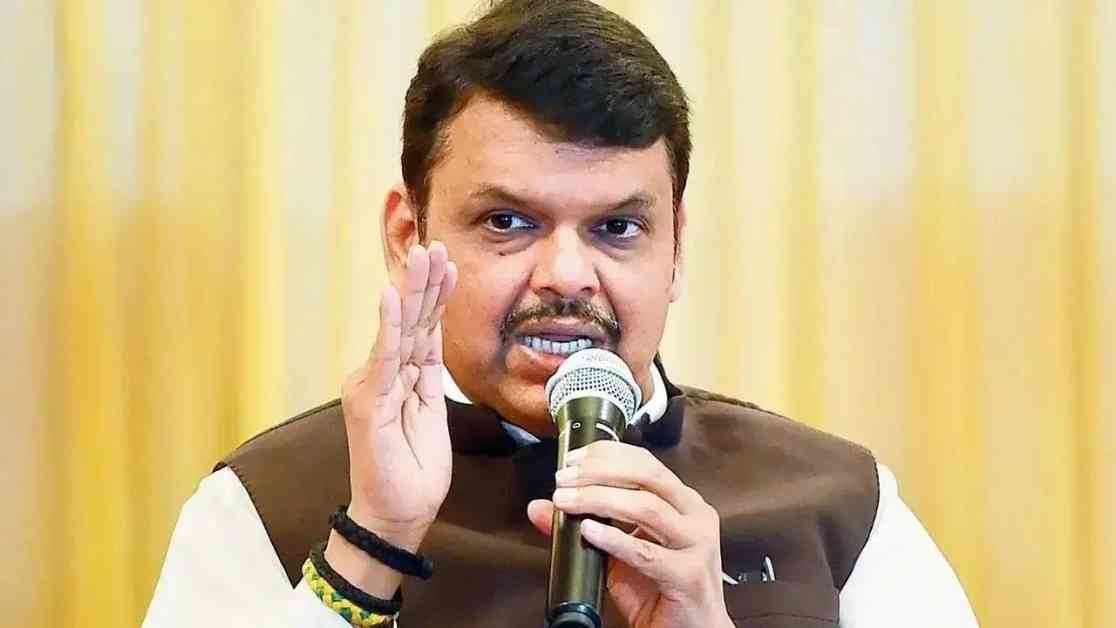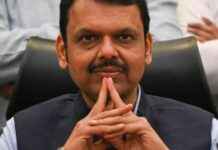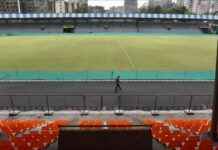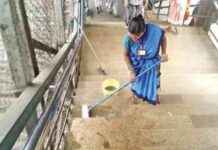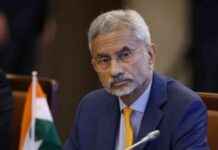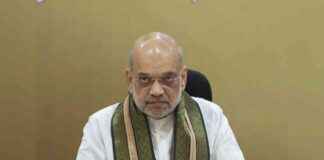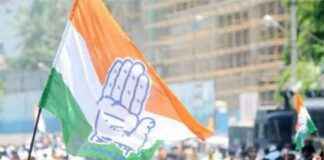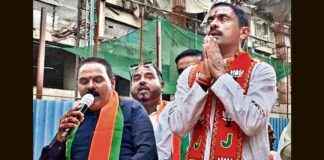Maharashtra to Build 12,000 Houses for Dabbawalas and Cobblers under PM Awas Yojana
In a significant development, Maharashtra Deputy Chief Minister Devendra Fadnavis announced that 12,000 houses will be constructed for dabbawalas and members of the cobbler community in the state over the next three years under the Pradhan Mantri Awas Yojana (PMAY). This initiative aims to provide affordable housing solutions to these marginalized groups, offering them the opportunity to own their own homes.
The deputy chief minister recently signed a memorandum of understanding (MoU) with developers for the housing project, marking a crucial step towards fulfilling the housing needs of the dabbawalas and cobblers. The project will be undertaken by the Maharashtra Housing and Area Development Authority (MHADA) under the PMAY scheme, highlighting the government’s commitment to ensuring housing for all sections of society.
According to a release from Devendra Fadnavis’s office, the housing project will be executed on a 30-acre plot provided by Priyanka Homes Realty, with Naman Builders overseeing the construction on a no-profit-no-loss basis. The 500 square feet homes will be priced at Rs 25 lakh, making them affordable for the target beneficiaries.
Expressing his satisfaction with the initiative, Devendra Fadnavis emphasized that the dream of dabbawalas to own houses will finally be realized through this project. This move is expected to bring about a positive change in the lives of the dabbawalas and cobblers, providing them with a sense of security and stability.
Furthermore, in a separate development, the Brihanmumbai Municipal Corporation (BMC) recently announced the relaxation of educational criteria for the post of executive assistants (clerks) following a request from Devendra Fadnavis. The BMC had initially set the condition that candidates must have cleared Class 10 and graduation exams in the first attempt, which was seen as a barrier for many aspiring applicants.
Devendra Fadnavis, in his letter to BMC chief Bhushan Gagrani, highlighted the challenges faced by students who may not clear exams in the first attempt due to various reasons beyond their control. Recognizing the need for inclusivity and fairness in the recruitment process, the BMC decided to remove the “first attempt” condition and revise the educational criteria to accommodate a larger pool of candidates.
This decision by the BMC is expected to benefit thousands of aspirants who were previously deterred by the strict educational requirements. The civic body will issue a new advertisement in the coming days, allowing interested candidates to apply without the restrictive condition of clearing exams in the first attempt.
In conclusion, the initiatives undertaken by the Maharashtra government under the PM Awas Yojana and the BMC’s decision to relax educational criteria reflect a commitment to inclusivity and social welfare. By providing affordable housing options for marginalized communities and ensuring equal opportunities in the recruitment process, the government is taking proactive steps towards creating a more equitable society for all.
